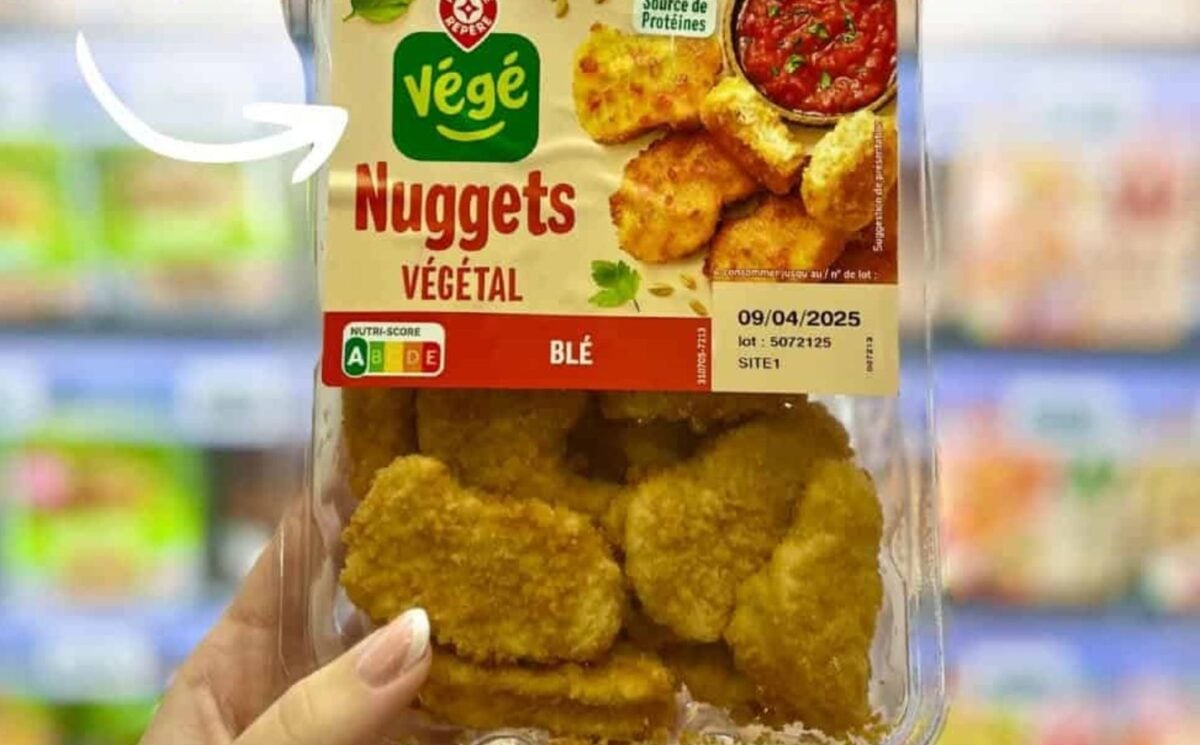
Major companies including restaurant chains, bakeries, and supermarket petrol stations are rejecting cash at many of their outlets, which has sparked indignation from supporters of cash transactions, who condemn this approach as 'completely unacceptable'. The popular Italian eatery Zizzi has eliminated cash payments in the majority of its locations, recognising only card, Apple Pay, or Google Pay, with an exception for cash tips left by customers. Similarly, Gail's Bakery, which operates a substantial network of over 150 shops, insists on being absolutely card-only across the board, while the Asian-inspired eatery Itsu has been sticking to a card-only policy since 2019.
The trend isn't escaping big supermarket names either, as their cafes and petrol stations join the growing shift towards a cashless operation. Zizzi's online FAQs remark: "To provide the smoothest and fastest payment experience, and to keep our teams safe, we are cashless and we encourage card, Apple Pay or Google Pay transactions. You can pay up to £100 contactless on your card and unlimited when using Apple Pay and Google Pay in most of our restaurants.

" Gail's Bakery comments: "We only accept card payments. This practice has environmental benefits as it eliminates the need for cash collection and delivery, which used to be done by car several times per week across over a hundred locations.", reports .
"Additionally, being cashless has had a positive impact on the security of our bakeries by minimising the risk of criminal activity." A representative for Itsu commented on their cashless strategy, saying: "We trialled this earlier in the year at stores with the highest percentage of card transactions in order to assess customer feedback before rolling out to others," and further noted, "We now have 12 and have plans to continue as the response so far has been largely positive." is not far behind, having made headlines in August when it revealed a plan to eliminate cash transactions at 40 UK cafe locations, according to the Express.
Patrons at these establishments will need to place their orders using digital screens and pay using cards or mobiles. is also keeping pace with the trend, transitioning its nearly 270 petrol stations to a cash-free system. In these locations, customers will find that only card payments are accepted at the pump.
The retail giant justified the shift by declaring that an impressive 90% of all transactions at their petrol stations were either card-based or contactless. However, Asda reassures those who prefer tangible currency that its other outlets and supermarkets will continue to welcome cash payments. Meanwhile, Sainsbury's remains more traditional, still accepting cash at the majority of its stores and petrol stations.
Ron Delnevo, Chairman of the Payment Choice Alliance, vehemently opposes the move towards a cashless society. He criticised these trends as 'completely unacceptable' and is advocating for legislation mandating retailers to accept cash payments. Delnevo is standing up for consumer choice, asserting: "The vast majority of the public want cash to be honoured as a payment.
These businesses are letting down the public." Full Fact has clarified that retailers are entirely within their rights to decline cash payments. The notion of 'legal tender' is widely misunderstood and actually applies only in the context of settling debts.
According to the rule, debtors are obliged to accept any form of 'legal tender' when offered for the repayment of a debt - which in England and Wales includes both coins and notes, while in Scotland it's limited to coins. Full Fact explained: "It's not illegal for shops or businesses to refuse to accept cash. They can also refuse to accept card payments.
And while cash is 'legal tender', this has a narrow definition that doesn't mean businesses must accept it." The Bank of England also weighed in on the matter, affirming that merchants have the liberty to select their preferred payment methods. The central bank of the UK elucidated: "Legal tender has a narrow technical meaning which has no use in everyday life.
It means that if you offer to fully pay off a debt to someone in legal tender, they can't sue you for failing to repay.".















